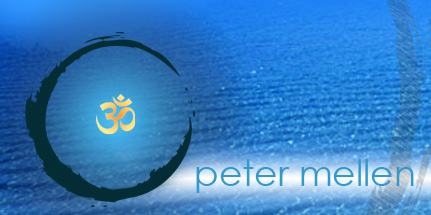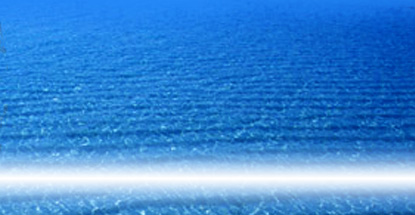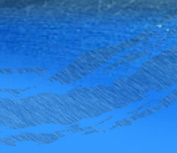Hurry-Worry Never Works
Years later he ends up living in upstate New York, where he builds his own house and lives a monastic life. During a snowstorm, he meets his neighbor, a young hippie poet from New York named George Crane. An unlikely friendship forms between them as they sip tea and read poetry together. Tsung Tsai shows the poet some poems in Chinese, and George gets very excited about the idea of translating them into English. But Tsung Tsai knows that it is not yet time. “Hurry-worry never works,” he says.
George Crane later writes about this extraordinary friendship (and and their daring journey into Lower Mongolia) in his delightful book called Bones of the Master—A Journey to Secret Mongolia.
I often think about Tsung Tsai saying, “Hurry-worry never works” in reference to my own life. Lately I’ve been obsessively driving myself to “get things done.” My busy little mind says, “If you can just finish this project, then you can relax.” Once I finish it, I’m saying, “You’ve got to get those letters out.” On and on it goes. Soon there is no time to breathe (because of my own self-imposed deadlines), and my body becomes tense and stressed out. It’s all about “me” having to get “my” projects done. What a vicious cycle.
Today, while meditating, I could almost feel the frenzied rush of “hurry-worry” thoughts. I notice that it’s all about “my” thoughts, “my” feelings, and “my” worries. What would it be like not to have these thoughts? What would it be like not to be constantly thinking, “I need to do this, I need to do that?” I realize that I don’t have to live with these little gnats constantly buzzing around in my head. All I need to do is “flush” them out by dropping inside and being still. If I place my attention on what’s happening right here, right now, there's no room for the "me" thoughts. And when they come back (which they most certainly will), all I need do is take a few moments to be still once again. What’s left when they are gone? Nothing but empty awareness. When there’s no one there to claim these thoughts, there is nothing but peace. What a relief.
The challenge is that if I do slow down, I have to look at why I’m so driven to get all this stuff done. I have to ask, “What is all this “doing” about? Do I need to create meaning in my life through doing, and more doing?” Is it all so that I will feel important, fulfilled, and happy? Am I justifying my obsessive behavior by saying I have to make money, support my family, and make a contribution to the world? Is it so that I can avoid seeing who it is that I truly am? Who would I be without any of that? A very peaceful guy.
I remember an interview Lama Surya Das had with the Twelfth Gyalwang Drukpa, a little Tibetan guy with a sunhat, big glasses coming down his nose, and a hilarious expression of gleeful laughter on his face. He told Lama Surya Das, “I would say that not doing too much is the important thing. We tend to try to overdo everything. Such conceptual actions just create more karma. Consider nondoing, nonaction for a while, and leaving things as they are.”
And here’s the kicker for me. In reference to his own life, the Twelfth Gyalwang Drukpa said, “I have a mission of not doing anything. My goal is not doing anything, ultimately. Just being. That’s it.”
Now that’s something worth doing!









0 Comments:
Post a Comment
<< Home